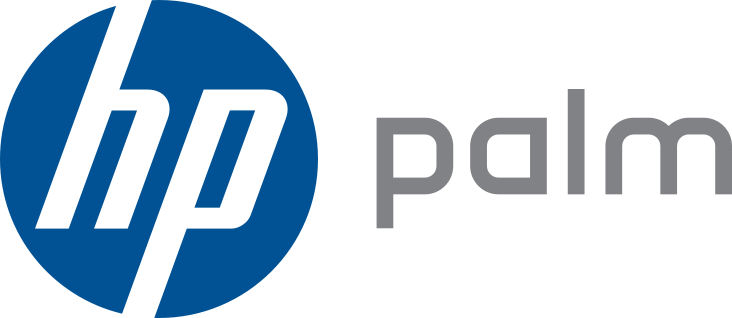HP Changes Its Mind on webOS Again
posted Friday Aug 24, 2012 by Scott Ertz

It has been a hard road for Palm's webOS. Since its unveiling in 2009, the first handset became Sprint's top-selling phone ever, until the HTC Evo 4G was released. After entering Verizon and AT&T's line-ups, it looked like webOS might be a big competitor in the smartphone war. After financial problems, Palm joined the HP family, for $1.2 billion, giving hope that HP could help get webOS back on track.
HP intended to install webOS on printers, as well as new handsets and tablets. Shortly after this announcement, rumors started that HP was interested in licensing webOS to other manufacturers. Then, HP CEO Leo Apotheker closed up webOS hardware, and threatened to do the same to all hardware.
After replacing the CEO, the decision was made to open source webOS, but to continue on as a hardware manufacturer. This week, however, the story gets ever weirder. HP Senior Vice President Martin Risau wrote,
We are no longer a consumer hardware brand, we are a different company with a focus on software, user experience, cloud, engineering and partnering.
Along with this conflicting statement comes the announcement about webOS's newest future. Hit the break to find out where webOS is headed next.
HP plans to spin webOS off to its own internal corporation, re-branding it as Gram. The new corporation will be a wholly-owned subsidiary that will be run as an internal start-up, similar to how the webOS team was founded at Palm (minus the separate company). Gram, which will be a little more like a hardware development kit than just the operating system, will also include Enyo, Palm's JavaScript library and development environment, plus the platform for cloud-based app deployment and computing.
Clearly HP is trying to position itself to compete with Apple and Google, but with the start-up concept there is no way the product will be available before the end of the year. By the time a Gram hits the market, Microsoft will already have Windows 8 and Surface on the market. With three major operating systems on the market for tablets, webOS, or Gram, will stand little chance as a real competitor. As much as I personally love my webOS devices, of which I have many, by the time Gram hits the market, I will probably have my own Surface, leaving even webOS's biggest fan outside of the new market.
I certainly wish HP the best with their new endeavor, attempting to make back its $1.2 billion, but at this point, too many changes in strategy will probably prevent any success.

